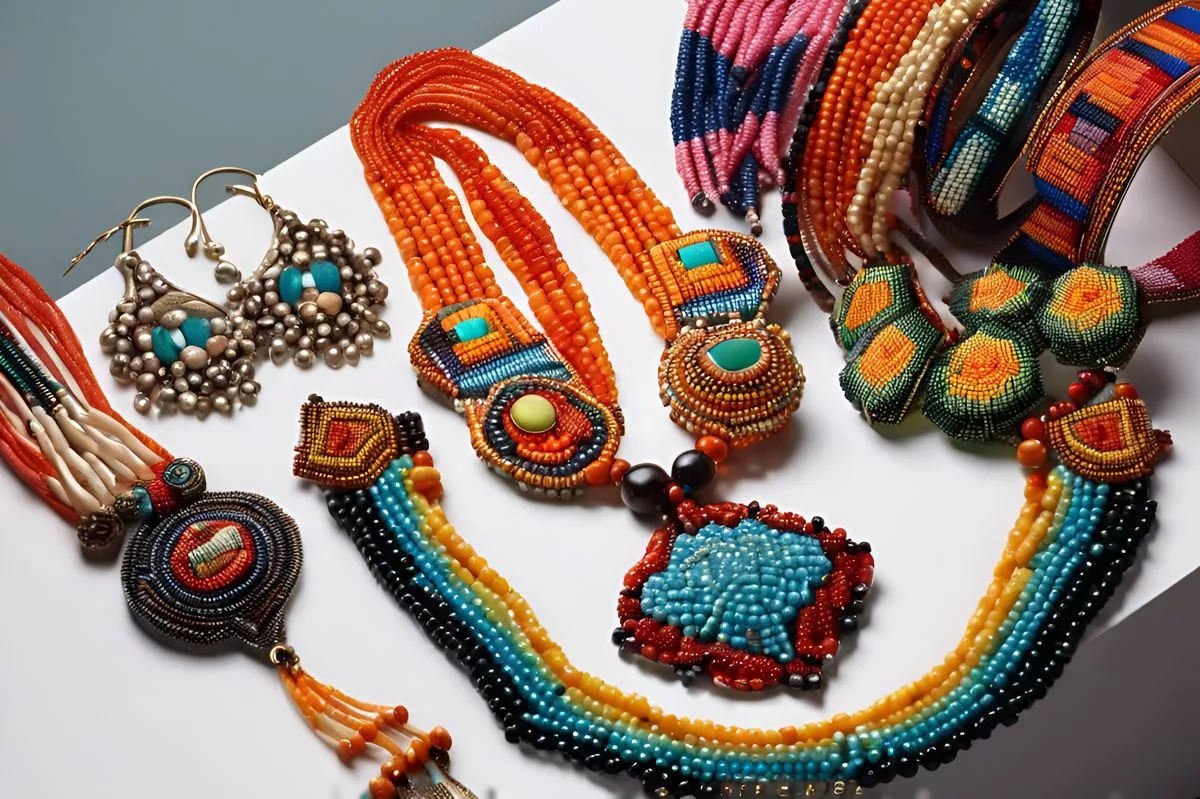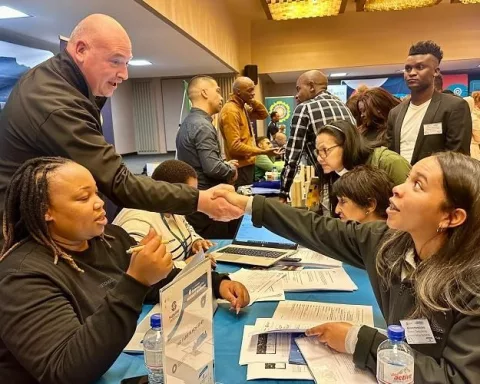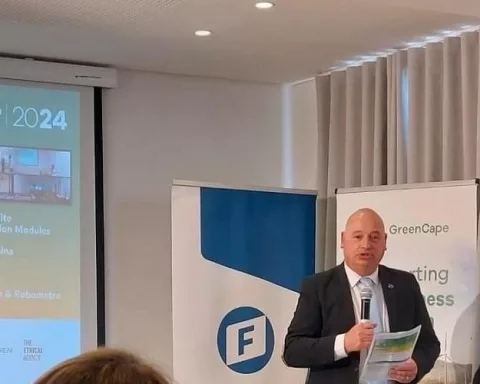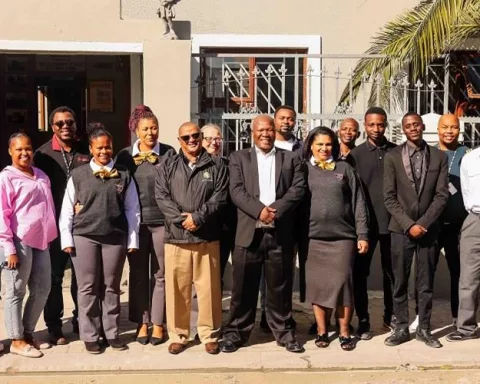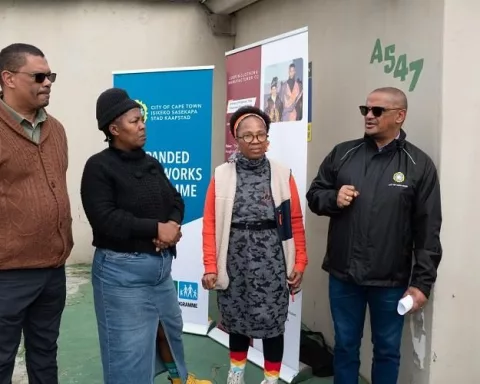The Watershed Design Lab is a special place in the V&A Waterfront that helps new design businesses grow for a whole year. This program gives local brands, especially those led by women, a chance to shine in a unique retail space while reaching customers from all over the world. Many creative entrepreneurs, like Nadia with her beautiful jewelry and Nomava with her stylish leather goods, are turning their dreams into reality. The lab not only supports these amazing talents but also celebrates the stories and cultures behind their work, making it a vibrant hub of creativity and empowerment. Visitors can see and support these inspiring brands every day!
What is the Watershed Design Lab?
The Watershed Design Lab is a year-long residency program in the V&A Waterfront, supporting emerging design businesses. It offers a unique retail space and resources to help local brands reach global markets, fostering creativity and commerce, especially among women-led enterprises.
A Unique Initiative at the Intersection of Design and Business
In the dynamic landscape of design and entrepreneurship, a groundbreaking initiative merges creativity with commerce: The Watershed Design Lab. Nestled in the vibrant V&A Waterfront, this program offers emerging businesses a year-long residency, providing a unique retail space that serves as a stepping stone into the fiercely competitive business world. Supported by Business and Arts South Africa (BASA), the lab acts as a crucial platform for local brands to reach a global audience, situated in one of the most prominent tourist destinations.
Since its establishment in 2021, the Watershed Design Lab has cultivated an environment of growth for emerging brands. The 2022-2023 cohort alone achieved remarkable success, generating over R1.24 million in sales. Two standout brands from this group have successfully transitioned to their permanent spaces within the V&A Watershed. This flourishing ecosystem continues to attract attention, with the latest batch of entrepreneurs—comprising solely women—leading innovative brands with distinctive visions.
Celebrating Innovation Through Women-Led Enterprises
Nadia Appleby exemplifies the fusion of creativity and purpose with her brand, Meraki Accessories. Born during the global pandemic, her jewelry line represents a blend of intricate craftsmanship and meaningful mission. Appleby designs her pieces using glass beadwork, creating a spectrum of styles from delicate necklaces to bold earrings. Her use of colors, ranging from subtle monochromes to vibrant tones, mirrors the diversity of the women who wear them. Each purchase from Meraki Accessories supports a larger cause, with a portion of sales going toward providing meals for those in need. This fusion of art and altruism makes Meraki a brand that appeals both aesthetically and ethically.
Similarly, Nomava Damoyi, the visionary behind Lindo Leather, began her entrepreneurial journey in the cozy confines of her children’s bedroom in Khayelitsha. With her husband’s support, Damoyi self-funded her business, which has blossomed into a thriving enterprise offering a stunning collection of leather goods. From belts to bags, each item is crafted from high-quality leather offcuts, promoting sustainable practices. Her business model reflects this ethos by employing local leather workers and reinvesting profits into improving their tools and working conditions. Damoyi’s evolution from humble beginnings to a respected brand underscores the power of perseverance and community upliftment.
Crafting Heritage and Empowerment Through Design
Pai Kondile channels empowerment through her brand, Shumba Bags. Her background in the investment banking sector, a traditionally male-dominated field, fueled her drive to create something exclusively for women. Her handbags serve as storytelling mediums, embellished with intricate embroidery and appliqué designs. These visual stories often depict African women in traditional attire, celebrating the strength and grace of the continent’s female icons. Each bag is named after a different African language, connecting customers to their heritage while offering a product rich in style and culture.
Thabo Makhetha-Kwinana’s self-titled label pays tribute to her Basotho heritage by blending traditional textiles with modern fashion. Her jackets, capes, and coats crafted from Basotho blankets honor cultural customs, introducing them to the realm of high fashion. Her latest collections, featuring custom-printed cotton inspired by traditional patterns, continue to merge the old with the new. Makhetha-Kwinana’s creations have not only graced international fashion runways but have also earned nominations in renowned design competitions. Her work stands as a testament to the beauty of African heritage and the potential to create sustainable, lasting fashion.
Nurturing Community and Craftsmanship
Sam Olivier’s Tiger Lily Tots emerged from her personal journey into motherhood. Initially crafting sensory toys to comfort her children, her labor of love evolved into a business employing other mothers. The brand offers an array of products, from soft toys to beaded decor, each piece meticulously handmade. Olivier’s dedication to quality and her ambition to break into the global baby merchandise market reflect her entrepreneurial spirit and commitment to generating job opportunities within her community.
The five women-led businesses selected by the Watershed Design Lab tell a larger story of gender empowerment and cultural expression. By providing a platform where creativity meets commerce, the program not only nurtures business success but also celebrates the rich tapestry of South African design. As these brands continue to grow, they embody the spirit of innovation and resilience, reminding us of the powerful narratives behind every creation. Visitors to the Watershed can connect with these stories daily, supporting a new generation of visionary entrepreneurs.
“`markdown
What is the Watershed Design Lab?
The Watershed Design Lab is a year-long residency program located in the V&A Waterfront that supports emerging design businesses. It provides a unique retail space and resources for local brands, particularly those led by women, to reach global markets and foster creativity and commerce.
How does the Watershed Design Lab support women-led businesses?
The lab specifically focuses on empowering women entrepreneurs by providing them with a platform to showcase their products and stories. By offering resources, mentorship, and a retail space, the lab helps these businesses grow and thrive in a competitive market.
What types of products can visitors find at the Watershed Design Lab?
Visitors can find a diverse array of products, including handmade jewelry, stylish leather goods, embroidered handbags, and unique baby merchandise. Each product reflects the creativity and cultural heritage of the women-led brands behind them, showcasing high-quality craftsmanship and innovative designs.
Can you provide examples of businesses featured in the Watershed Design Lab?
Yes! Notable brands include Meraki Accessories, which offers jewelry that supports charitable causes; Lindo Leather, known for sustainable leather goods; Shumba Bags, celebrating African heritage through storytelling handbags; and Tiger Lily Tots, which focuses on handmade baby products. Each brand has a unique story and mission that resonates with customers.
How successful have the businesses in the Watershed Design Lab been?
The 2022-2023 cohort of businesses achieved significant success, generating over R1.24 million in sales during their residency. Some brands have even transitioned to permanent retail spaces within the V&A Watershed, indicating the program’s effectiveness in fostering business growth.
How can people support the brands in the Watershed Design Lab?
Visitors can support these businesses by visiting the Watershed Design Lab in person, purchasing products, and sharing their stories through social media. Engaging with and promoting these local brands helps elevate their visibility and contributes to their continued success.
“`

